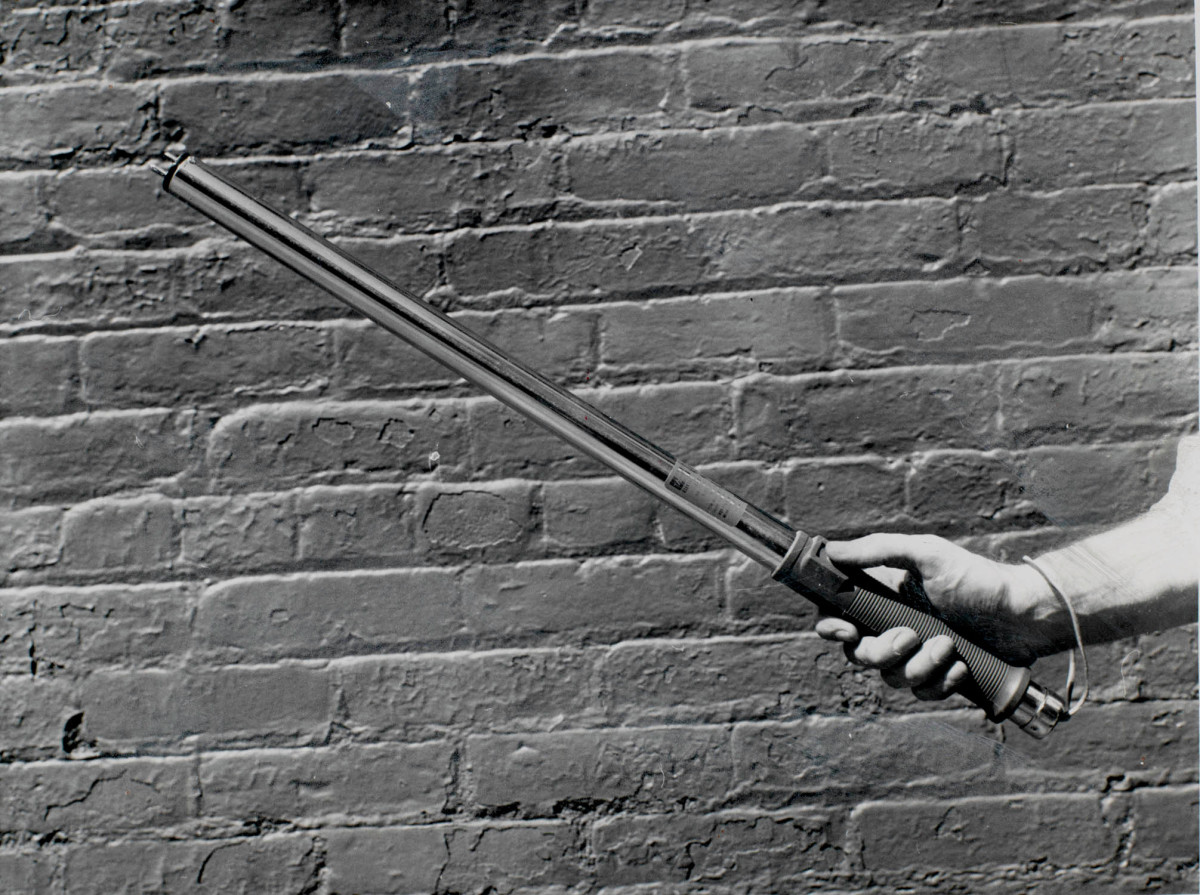On this dayJun 18, 1963
Officers in Gadsden, Alabama, Torture Civil Rights Protesters With Cattle Prods
On June 18, 1963, sheriff’s deputies in Gadsden, Alabama, used electric cattle prods on and arrested over 450 Black protesters who were holding a sit-in to oppose segregation.
Beginning in the fall of 1962, small groups of young Black people in Gadsden began staging sit-ins and picketing to protest segregated public accommodations and Black voter suppression. These peaceful demonstrations continued growing and extended into the following year. In response, authorities in Gadsden issued an injunction against sit-in demonstrations.
On June 18, 1963, law enforcement arrested 200 protesters during a sit-in at a downtown store, and another 250 were arrested for lying down in front of the nearby county courthouse. The protesters offered no resistance as they were taken to the county jail in patrol wagons.
Nevertheless, as sheriff’s deputies took the activists to jail, they tortured many of them—including several children—with the electric tips of cattle prods.
Authorities in Gadsden administered shocks to protesters’ bare feet, necks, stomachs, and genitals, sometimes laughing while doing so. “In Alabama, there was a sadistic kind of joy in inflicting pain,” Student Nonviolent Coordinating Committee activist Prathia Hall later wrote about the incident.

This assault on protesters in Gadsden was the first time Southern police had used cattle prods on a large group of civil rights demonstrators. The weapon later became a symbol of white resistance to the civil rights movement in the South.
In the months following, Gadsden police repeatedly used cattle prods on activists who continued to oppose segregation in the city despite the threat of violence.
About EJI
The Equal Justice Initiative works to end mass incarceration, excessive punishment, and racial inequality.
About this website
Until we confront our history of racial injustice and its legacy, we cannot overcome the racial bias that exists today.
 Learn more
Learn more